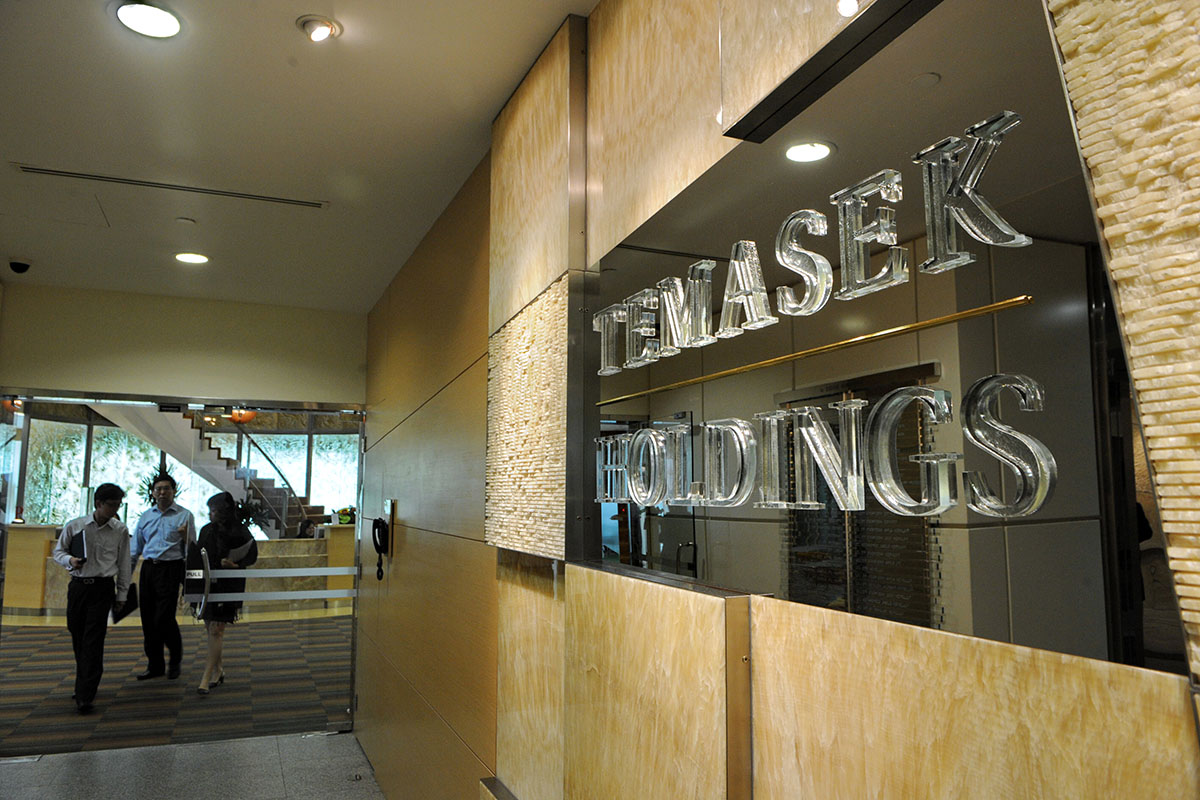Dymon Asia Capital (Singapore), the hedge fund manager that made its name betting on macro-economic themes, plans to raise an additional 600 million dollars for a stock fund as it expands its equity business, said President Jay Luo.
The Dymon Asia Equity Fund oversees more than 400 million dollars, made up of mostly internal capital and money from Singapore state-owned investment company Temasek Holdings, Luo said. The Asia-focused fund has eight managers making long-short investments, with each specialising in a particular area. It returned nearly 13 percent in the first nine months of 2017, he said.
The equity expansion by Dymon comes as funds betting on rising and falling stocks in Asia have gained more than 12 percent this year, driving returns for a global hedge fund industry that’s on track for its best annual performance since 2013, according to Eurekahedge Equity hedge funds globally attracted 3.8 billion dollars in investor money in the second quarter, the most sought-after strategy after macro, data from Chicago-based Hedge Fund Research show.
Macro strategies, Dymon’s specialty, have come under pressure as managers seeking to capture economic themes have been stymied in recent years. Funds of some of the largest managers, including Brevan Howard Asset Management and Chris Rokos’s firm, have lost money this year. Dymon’s 3.5 billion dollars flagship Dymon Asia Macro Fund lost four percent this year through September after making 15 percent for investors last year, said Luo. He added that Dymon’s decision to expand its equities business isn’t linked to the macro fund’s performance.
Dymon started the stock strategy more than three years ago, backed by an initial capital commitment from Temasek. Rather than a traditional set-up, Dymon took a multi-manager approach resembling “platforms” set up by global hedge funds such as Steven A. Cohen’s Point72 Asset Management and Israel Englander’s Millennium Management. Some of the managers on Dymon’s platform can run their own businesses and tap money from outside investors directly.
This “allows investors access to specialist boutique managers within an institutional framework,” Luo said.
Luo, who headed Cohen’s SAC Capital Advisors’ Asia operations between 2007 and 2012, also serves as chief investment officer of the Dymon equity strategy, and is responsible for capital allocation to the managers and risk management. The latest addition to the fund is Nancy Wu, a former partner of Farallon Capital Management, the hedge-fund firm that had 22 billion dollars of assets at the end of last year. She picks Greater China stocks using fundamental analysis at Dymon.
Dymon is opening Jeff Zielinski’s APTA Investments to outside investors in January. Zielinski has managed money for the Dymon equity fund since January 2016, focusing on Asia-Pacific technology stocks. His investments returned nearly 16 percent in the first nine months of 2017, said Luo.
The Dymon multi-manager fund’s return this year was achieved with a net exposure – the difference between long and short investments – of 26 percent, said Luo. All of the Dymon equity managers have made money this year, with the fund recording just one monthly loss, he added.
Dymon manages 5.5 billion dollars in hedge fund and private equity assets. Danny Yong, a former Goldman Sachs Group and Citadel trader, started Dymon’s macro fund with 113 million dollars in 2008, with Tudor Investment as his first outside backer. He co-manages the fund with David Chan. – Bloomberg
